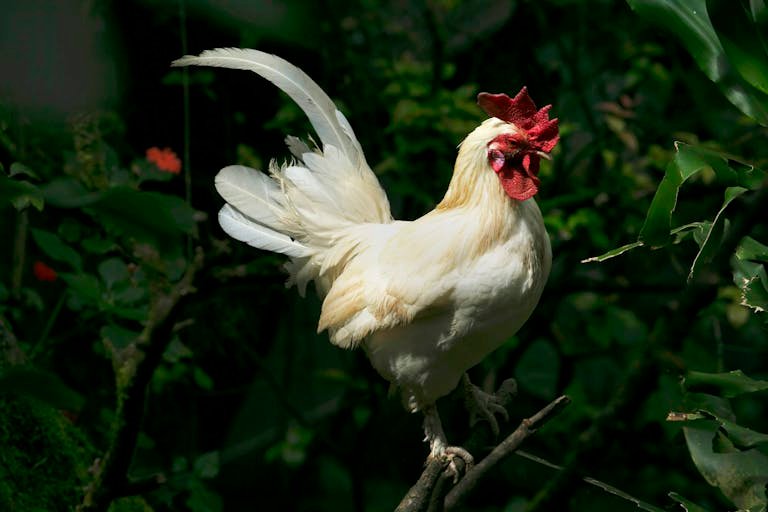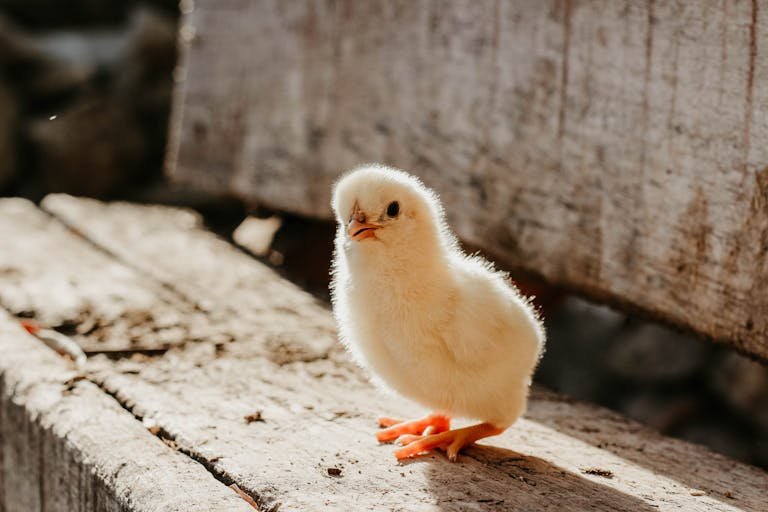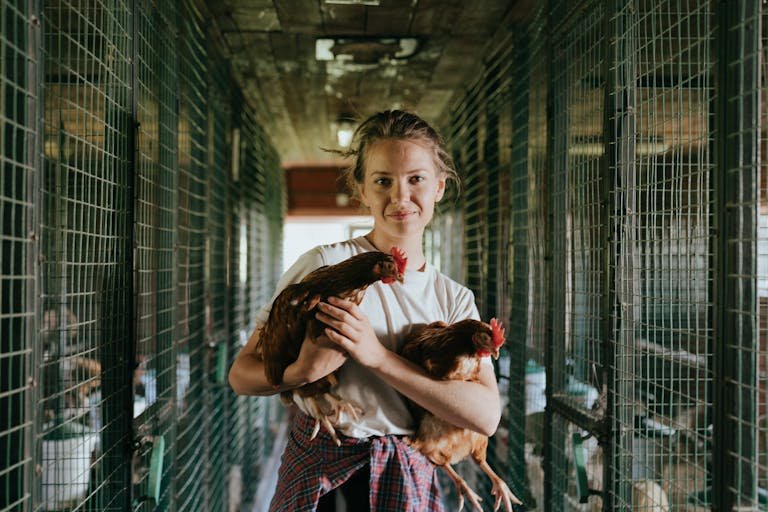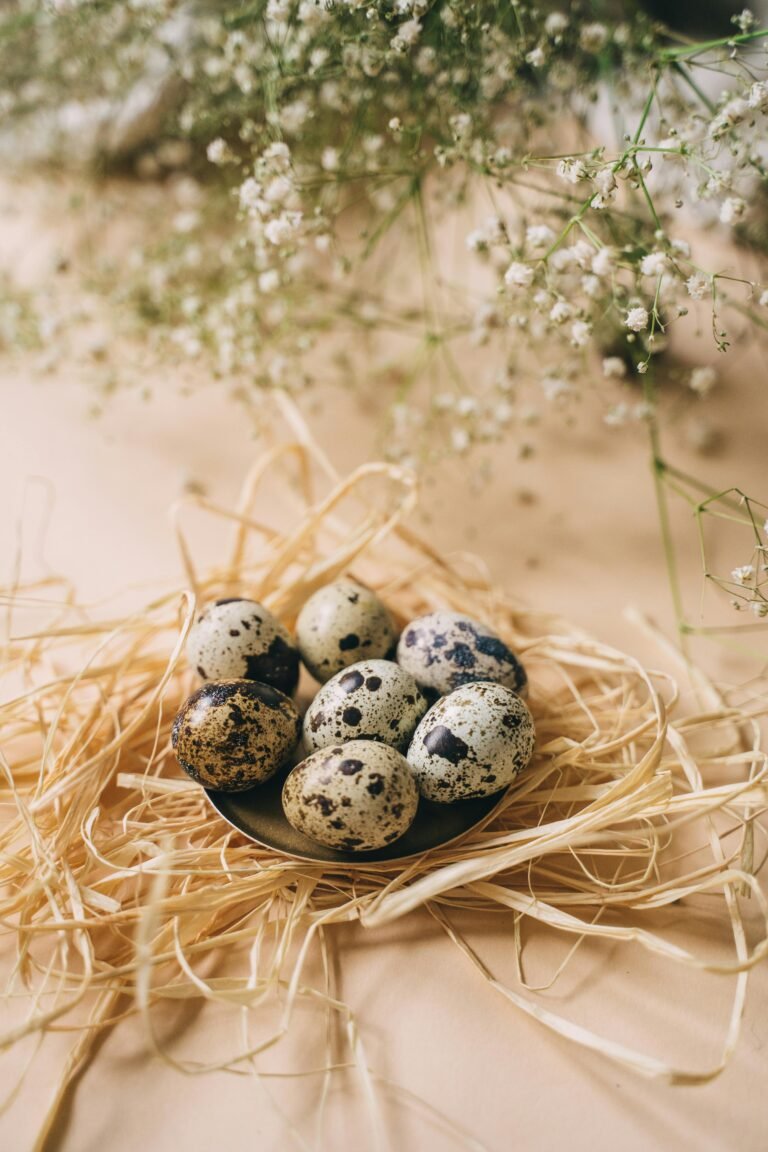Stop Chicken Water from Freezing: 5 Simple, Foolproof Tips
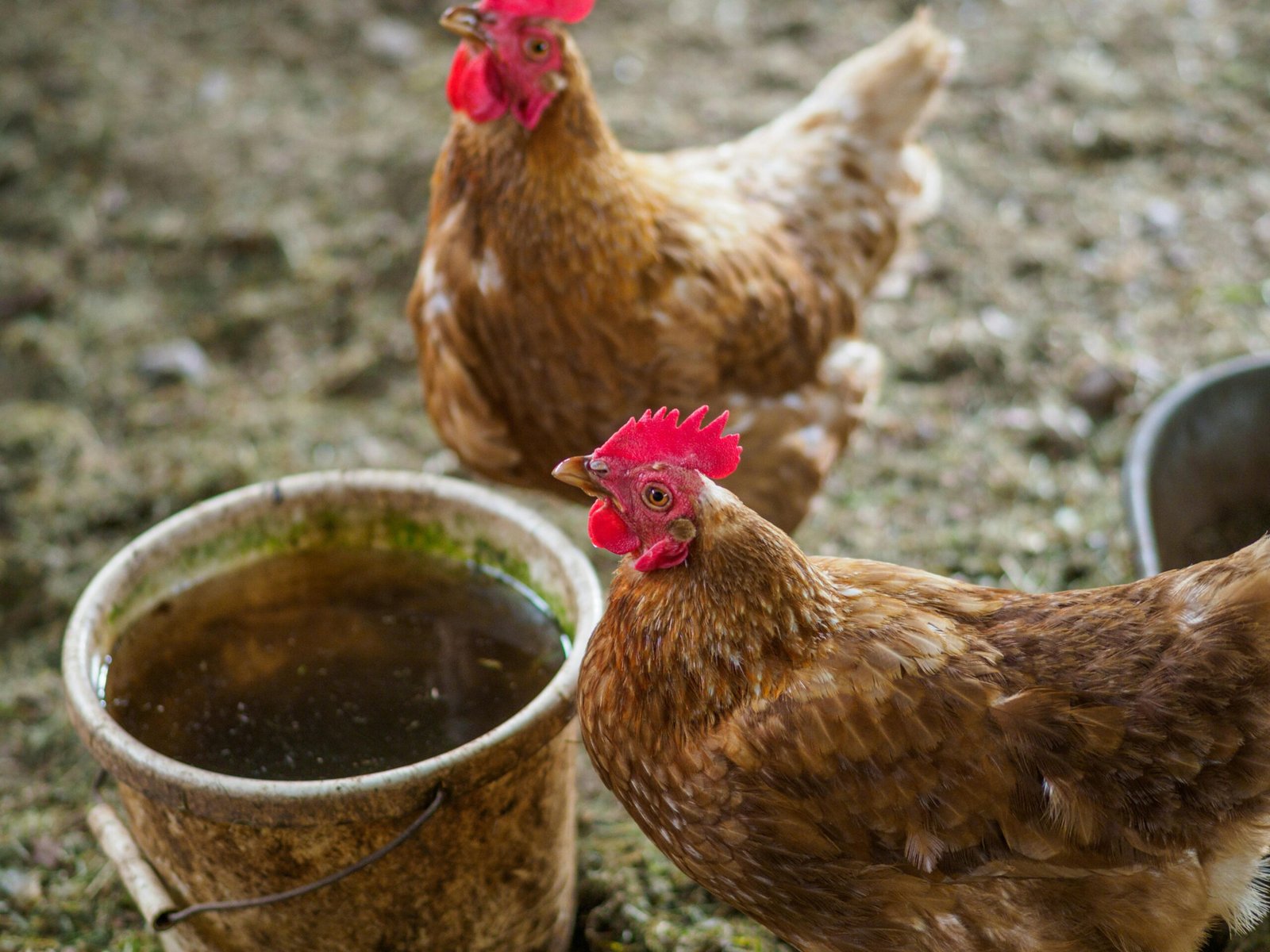
Chickens are wonderful companions and valuable assets to any homestead or backyard farm. One crucial aspect of their care, especially in colder climates, is ensuring they have access to fresh, unfrozen water. When temperatures drop, the water provided for your chickens can freeze, leading to serious health issues such as dehydration and hypothermia. In this blog, I will explore various methods and techniques to Stop Chicken Water from Freezing and ensure that your flock remains healthy and hydrated throughout the winter months.
Fresh Water for Chickens
Chickens require constant access to fresh water for several reasons:
- Hydration: Chickens, like all animals, need water to survive. Dehydration can lead to severe health issues, including reduced egg production and even death.
- Digestion: Water is essential for digestion and the overall metabolism of chickens. It aids in the breakdown of food and the absorption of nutrients.
- Regulation of Body Temperature: Chickens need water to help regulate their body temperature, especially in extreme weather conditions.
Consequences of Frozen Water
Frozen water can be dangerous for chickens for the following reasons:
- Dehydration: If chickens cannot access water, they may become dehydrated, leading to serious health issues.
- Hypothermia: In extreme cold, lack of water can lead to hypothermia, especially if chickens are unable to find other sources of hydration.
- Stress and Behavior Changes: Dehydration and extreme cold can lead to stress, causing behavioral changes such as pecking and aggression.
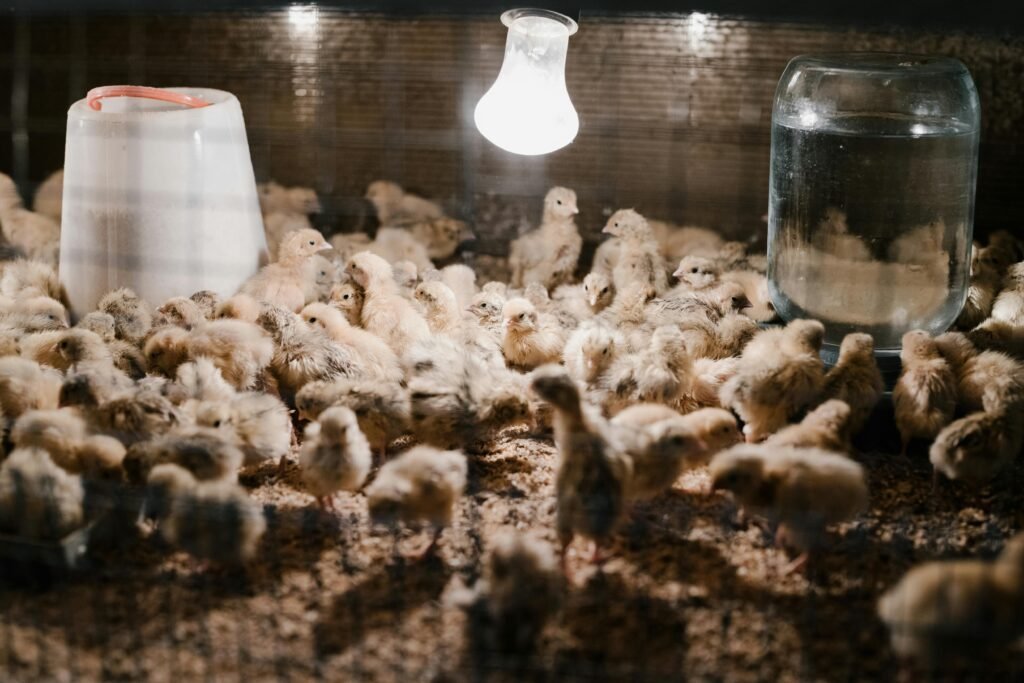
Methods to Prevent Freezing
There are several effective methods to ensure that your chickens have access to unfrozen water during the colder months. Let’s explore these options in detail.
1. Insulated Waterers
Purchase Insulated Waterers
Investing in insulated waterers designed specifically for chickens can be a long-term solution to keep water from freezing. These waterers often feature a double-walled design that helps retain heat, preventing water from freezing even in sub-zero temperatures.
- Material Choices: Look for insulated waterers made from durable materials that can withstand harsh weather conditions, such as heavy-duty plastic or stainless steel.
- Capacity: Choose a waterer that meets your flock’s needs in terms of size. Larger waterers take longer to freeze.
DIY Insulation
If you already own a non-insulated waterer, consider adding insulation to help prevent freezing.
- Materials: Use insulation materials such as foam board, bubble wrap, or even old blankets to wrap around the waterer.
- Application: Secure the insulation with duct tape or bungee cords, ensuring that it doesn’t obstruct the water access for your chickens.
2. Heated Waterers
Electric Heated Waterers
Electric heated waterers are a popular option for keeping chicken water from freezing. These waterers use electricity to maintain a constant temperature, ensuring that the water remains liquid even in the coldest conditions.
- Power Source: Ensure that your coop has a safe and reliable power source to operate the heated waterer.
- Safety Features: Look for waterers with built-in safety features, such as automatic shut-off switches and chew-resistant cords.
Solar-Powered Heated Waterers
If you’re looking for a more environmentally friendly option, consider solar-powered heated waterers. These devices use solar energy to heat the water, making them cost-effective and sustainable.
- Installation: Ensure that the solar panel is installed in a location with maximum sun exposure throughout the day.
- Battery Backup: Some models include battery backups to provide power during cloudy days or at night.

DIY Heated Waterers
For those on a budget, I suggest creating your own heated waterer using simple materials.
- Heat Lamp Method: Place a heat lamp above the waterer to keep the water warm. Ensure that the lamp is securely mounted and that chickens cannot reach it to prevent burns or fires.
- Aquarium Heater: You can also use a small aquarium heater placed in the waterer to maintain a consistent temperature. Make sure the heater is safe for use with livestock and that it’s appropriately sized for the waterer.
3. Waterer Placement
Protect from Wind
The placement of your waterer can significantly impact its ability to remain unfrozen.
- Sheltered Areas: Place the waterer in a sheltered area, such as near a barn wall or under a tree, to minimize exposure to cold wind.
- Windbreaks: Consider building a windbreak using bales of straw or wooden panels to shield the waterer from harsh winds.
Avoid Direct Sunlight
While it’s essential to keep water warm, excessive sunlight can cause rapid temperature fluctuations that may lead to freezing.
- Shade Solutions: Use shade cloth or tarps to provide some cover over the waterer during the day. This will help regulate the temperature more effectively.
4. Water Changes
Regular Water Changes
Keeping water fresh and clean is crucial for your chickens’ health, especially in winter.
- Daily Checks: Make it a habit to check and refill the waterer at least once a day, more often if the temperatures are extremely low.
- Warm Water: If possible, use warm water to fill the waterer. This can help delay freezing, especially during initial cold snaps.
Remove Ice
If ice does form in the waterer, it’s vital to break it up and remove it promptly.
- Ice Removal Tools: Use a simple tool like a scoop or a wooden stick to break the ice. Be careful not to damage the waterer in the process.
- Frequent Monitoring: Monitor the waterer multiple times a day during freezing temperatures to ensure ice doesn’t build up.
Additional Tips
Use a Larger Waterer
A larger waterer can be advantageous during winter months, as it takes longer to freeze.
- Choosing Size: Opt for a waterer that holds enough water for your flock’s needs while still being manageable for you to refill and clean.
Consider a Heated Coop
If you face extreme cold conditions consistently, consider heating your entire coop. This approach can help keep both your chickens and their water warm.
- Heating Solutions: There are various heating solutions available, from small heaters to heat lamps, which can maintain a comfortable environment for your flock.
Provide a Heat Source
If heating the entire coop isn’t feasible, consider providing a localized heat source near the waterer.
- Heat Lamps: Install heat lamps or small space heaters near the waterer, ensuring they are safely mounted and out of reach of the chickens.
- Safety First: Always prioritize safety when using heat sources, keeping them away from flammable materials and ensuring proper ventilation.
Read Also: How Long Do Chickens Sleep: A Surprising Fact
Final Words
Keeping chicken water from freezing during winter is vital for the health and well-being of your flock. By implementing these methods, such as using insulated or heated waterers, carefully placing your water sources, regularly changing the water, and considering additional heating options, you can ensure that your chickens remain hydrated and healthy throughout the colder months. With a little preparation and effort, you can keep your feathered friends comfortable and thriving, no matter how low the temperatures drop.
